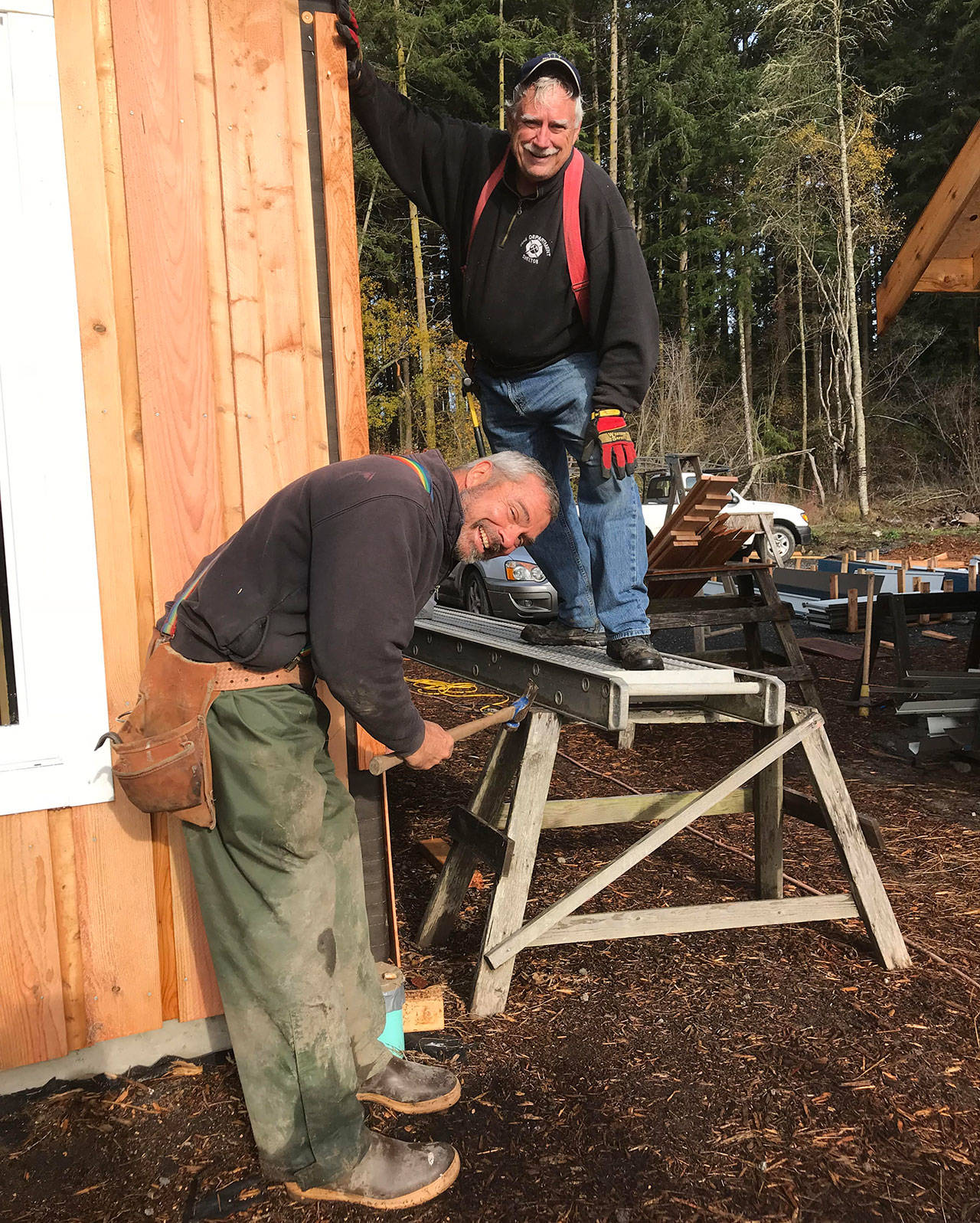Before Bridget Nyberg moved to a San Juan Community Home Trust neighborhood, the single mother of two teenagers worried her island rental may one day be out of reach.
“There was always the possibility that either the owners would want to occupy the house themselves or that it might sell,” she said. “Affordable rentals are rarely available here.”
Now, Nyberg has found stability in homeownership, made possible through the nonprofit, but her struggle to finance local housing is common. In 2017, a county report found that almost half the residents cannot afford to buy nearly 80 percent of the houses in the county. There is also a lack of rentals, states the report; only 16 percent of the county consists of renter-occupied homes, compared to 34 percent of the state.
Last year, the groundwork for a solution was laid when voters approved a tax to fund affordable housing projects. Local nonprofits, which already help to solve the housing crisis, are considering requesting funds to provide more reasonably-priced residences in the county.
The Real Estate Excise Tax, which passed in November, is applied to the sale of houses. The tax is expected to generate roughly $1.2 million in 2019 to maintain or build local housing for low- or middle-income residents, as well as those with disabilities.
Since late December, island real estate transactions are taxed 0.5 percent, with the buyer paying 99 percent and the seller paying the rest. Applicants can apply for funds this summer, and the recipients will be selected by the winter.
Will local organizations apply for funds?
OPAL Community Land Trust Executive Director Lisa Byers said staff plans to apply for REET funds for its 45-unit rental property on North Beach Road on Orcas. The site, called April’s Grove, will consist of studio, one-bedroom, two-bedroom and three-bedroom townhomes. Construction is scheduled to start in 2019.
In 2018, OPAL also began offering bridge loans through local investors for islanders who have good credit but are unable to acquire loans through banks.
OPAL sells and rents structures built on property the organization owns. For homeownership, staff uses grants and donations to fill the gap between the cost of a local home and the amount island homebuyers can pay. When buyers resell their OPAL homes, they use a formula to restrict the price and maintain affordability for the next occupants. Homes are newly constructed or renovated on the island; built and shipped to the island; or purchased and converted to use OPAL’s resell formula. The organization serves 105 ownership and 30 rental Orcas Island households, as well as commercial office spaces and community gardens.
On San Juan Island, Homes for Islanders Executive Director Justin Roche said the organization’s staff will not apply for REET funds. He said the county has noted a preference to fund permanently affordable homes with the tax revenue, which the organization does not mandate.
SAFE San Juans has offices on San Juan, Orcas and Lopez to prevent and eliminate domestic violence. The staff has no plans to apply for REET funds but has previously looked into developing affordable housing in Friday Harbor.
Executive Director Kim Bryan said the nonprofit struggles to find affordable rentals for those leaving domestic violence relationships. The nonprofit has undisclosed safe homes for transitions of up to 48 hours, but few housing options after the initial break.
“In a lot of ways, [the lack of affordable housing is] one of the biggest barriers of domestic violence to help people leave a dangerous situation,” she said, adding that no matter the obstacles, the organization helps those in need.




